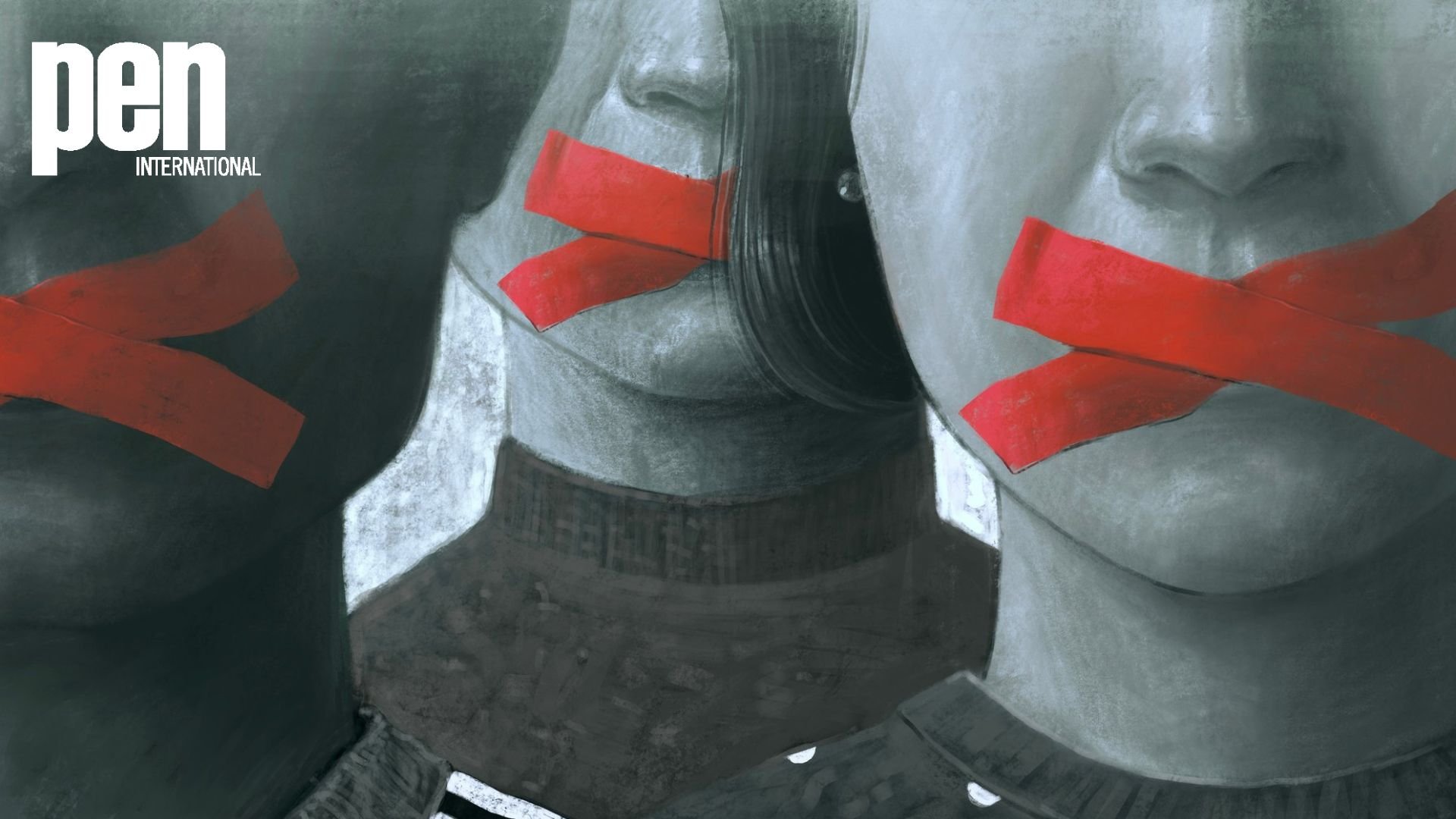El Salvador and Nicaragua: PEN International and other leading organisations condemn legislation designed to restrict critical voices
03 June 2025: PEN International, alongside the undersigned organisations, reject the implementation of laws that jeopardise fundamental freedoms, including the right to free association and assembly, the right to defend human rights, as well as freedom of expression and access to information, currently happening in Nicaragua and El Salvador.
Last month, the governments of El Salvador and Nicaragua approved a reform and a law, respectively, which weaken the legal framework of human rights, democracy and the rule of law. The expeditious manner of their approval and the context from which the already approved norms emerge, shows the degree of animosity towards critical voices that have pointed out the human rights violations that persist in both countries. The impact even affects people who, out of necessity and/or obligation, are far from their homelands, support networks, and families, as is the case in Nicaragua.
Nicaragua: Constitutional Reform to limit nationality
On May 16, during the special session on the 130th Anniversary of the birth of Augusto C. Sandino, the regime of Daniel Ortega and Rosario Murillo unveiled a proposal to reform the Political Constitution by modifying articles 23 and 25, aiming to restrict Nicaraguan nationality to citizens who opt for a second nationality. The reform was approved through urgent processes; a common practice with this type of legal resources1. The initiative was approved by a show of hands of a total of 91 deputies, without any counterbalance or discussion.
The situation places journalists, human rights defenders, and critical voices exiled by the regime in even greater vulnerability. Many are in a situation of “ de facto denationalisation” due to the confiscation of their passports, refusal to renew them and bans on entry to the country. The denouncement of 20 Nicaraguan exiled journalists in Costa Rica regarding their lack of access to protection measures in host countries, highlights the urgency of the current context.
This new constitutional reform directly undermines the human dignity of those who continue to denounce what is happening in the country, even from abroad. Access to civil and political rights through nationality is not a privilege, but a right which the State must guarantee.
El Salvador: New Foreign Agents Law
In the Northern Triangle, Ernesto Castro, President of the Legislative Assembly of El Salvador, announced the approval of the Foreign Agents Law with 58 out of 60 votes. This initiative was approved following a wave of reprisals against critics of Nayib Bukele's government, including a journalist from El Faro, who reported on an alleged gang ties to the national administration; the arrest of carriers who refused to provide free transportation, including the death in custody of one of them; the repression of a demonstration by Cooperativa El Bosque outside Bukele's home; and the arrest of human rights defenders, including the renowned lawyer Ruth Lopez.
This new law seeks to impose a 30% tax on foreign donations received by non-governmental organisations (NGOs) and creates a Registry of Foreign Agents (RAEX). Ernesto Castro stated that “This is a good day for the country, the day has finally arrived”. The President of the Assembly continued to stigmatisie civil society organisations: “The decision we are taking is so fair and so beautiful that now even these thugs disguised as NGOs will have the opportunity to support the people”. The allusion to the homonymous Nicaraguan law implemented as of 2018,2 does not go unnoticed given the closure of civic space in the country described by the president as “the safest in the region”.
Although the official publicly asserted that NGOs “[...] can continue to dedicate themselves to whatever they want, including those that want to continue to dedicate themselves to political issues”, in practice, this legislation selectively violates their work. The authorities mentioned exceptions for health organisations, for example, while human rights organisations will be required to report even more information about their activities to the government. While good transparency practices should be encouraged, concerns remain about the use of the information required from these social organisations.
In this sense, we remind the government of Nayib Bukele that transparency and accountability must be monitored and strengthened within the State itself. We observe with concern the lack of commitment to these principles, as repeatedly hughlighted by independent media and journalists who today serve as a counterweight to a government that threatens the country’s democracy.
Strengthening of regulatory frameworks restrictive of human rights
In view of the strengthening of restrictive regulatory frameworks that affect, among other rights, freedom of expression, assembly and association, the undersigned organisations call on the international community to continue monitoring and demanding the repeal of such initiatives and legislation contrary to human rights. It is necessary to stop authoritarian practices and that regional decision makers speak out in a critical, constructive, and assertive manner in response to the shrinking of civic space in the region.
It is of vital importance that, in the face of the instrumentalisation of national resources to persecute citizens, mechanisms be established to encourage states such as El Salvador and Nicaragua to adapt their national legislation to the highest human rights standards set out in international treaties and conventions.
Signatory organisations:
ARTICLE 19 Oficina para México y Centroamérica
Asociación de Periodistas de El Salvador - APES
ASOPODEHU
Comité para la Protección de los Periodistas - CPJ
En Alta Voz
Revista Factum
Free Press Unlimited
FOCOS, El Salvador
Fundación por la Libertad de Expresión y Democracia- FLED
Fundamedios
Reporteros de Investigación
Reporteros Sin Fronteras
Protection International Mesoamérica
Periodistas y Comunicadores Independientes de Nicaragua - PCIN
PEN International
Infodemia, El Salvador
Red Centroamericana de Periodistas
Revista GatoEncerrado
Revista Elementos
Redacción Regional
Voz Pública
MalaYerba
Note to Editors:
For more information, please contact Alicia Quiñones, Head of the Americas Region, at PEN International, email: [email protected]
For media queries, please contact Sabrina Tucci, PEN International Communications and Campaigns Manager, [email protected]

